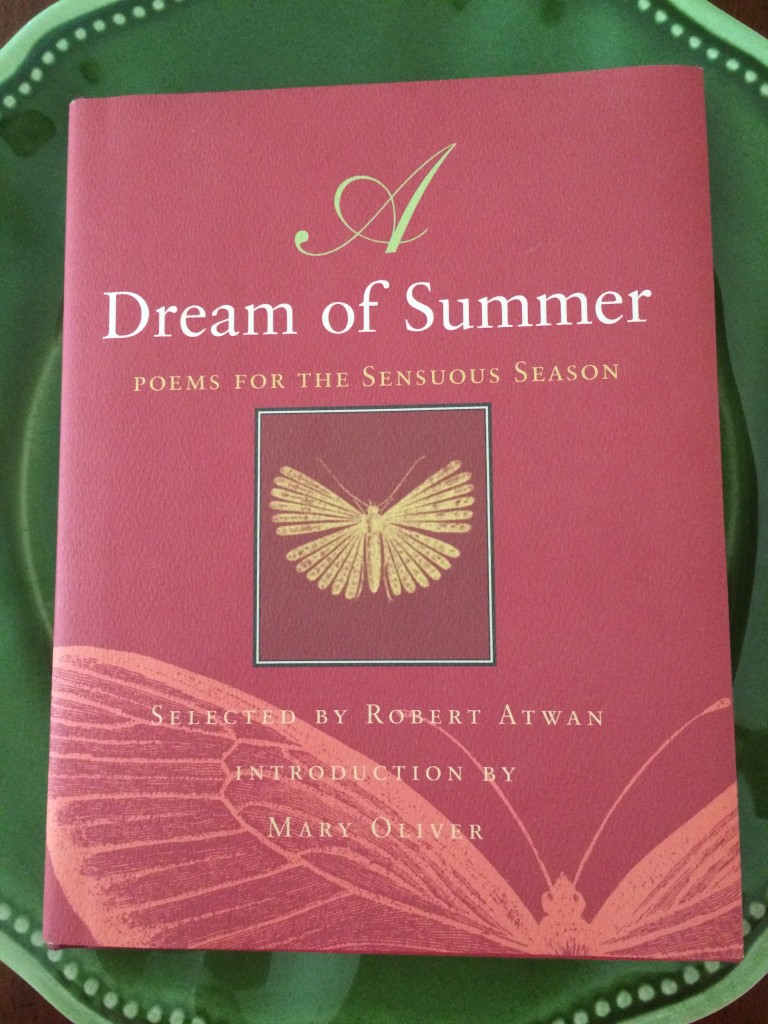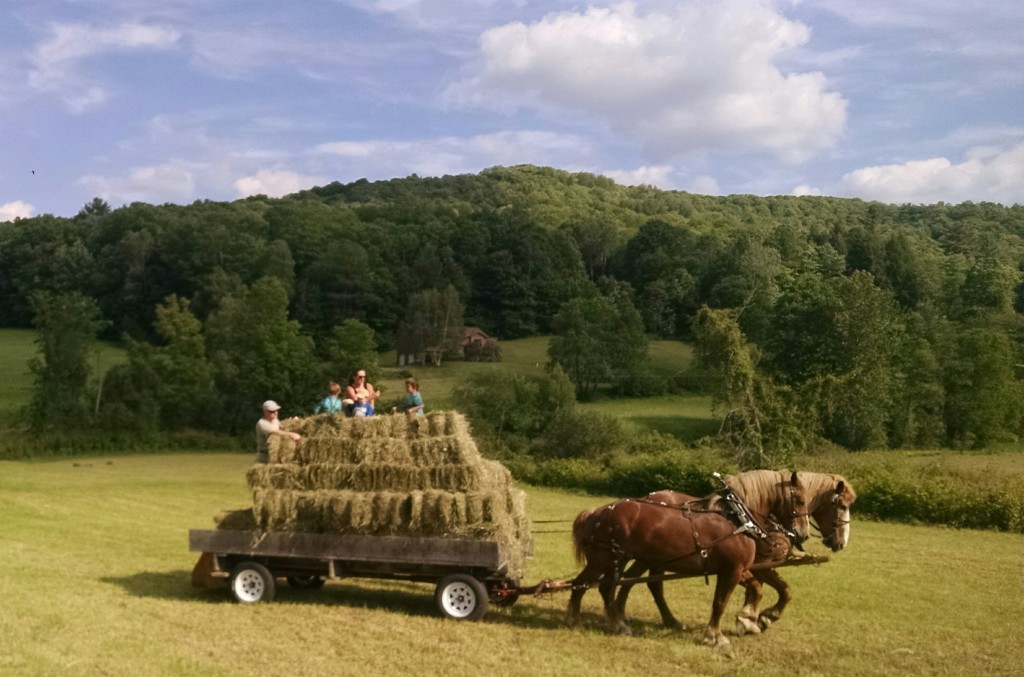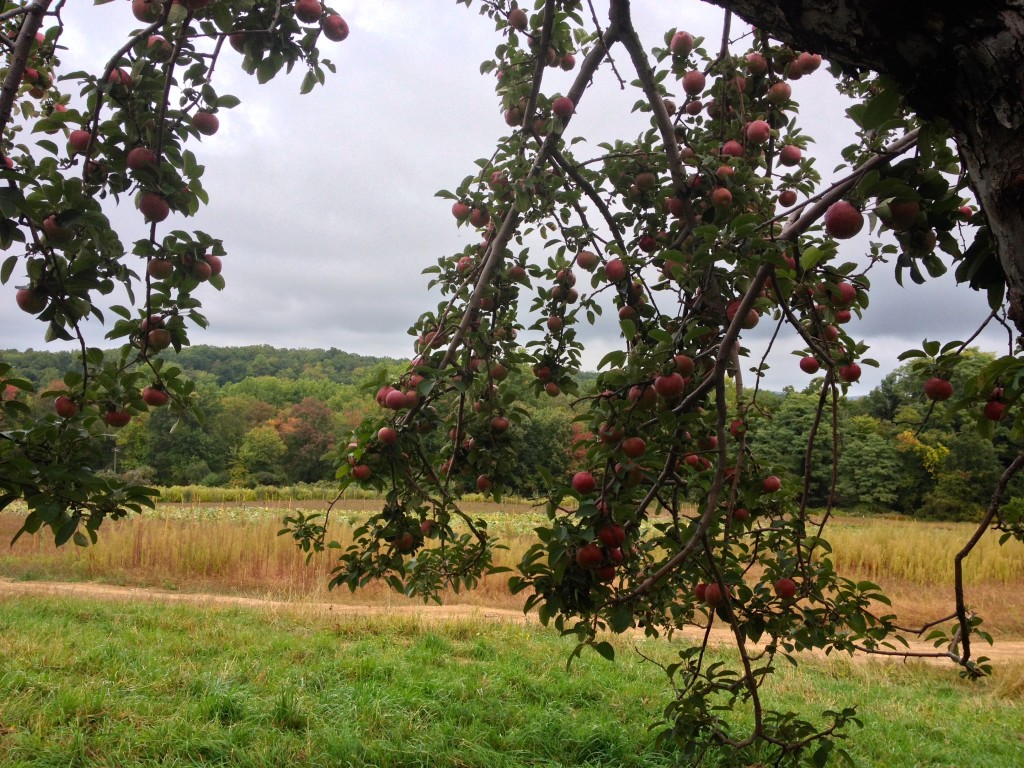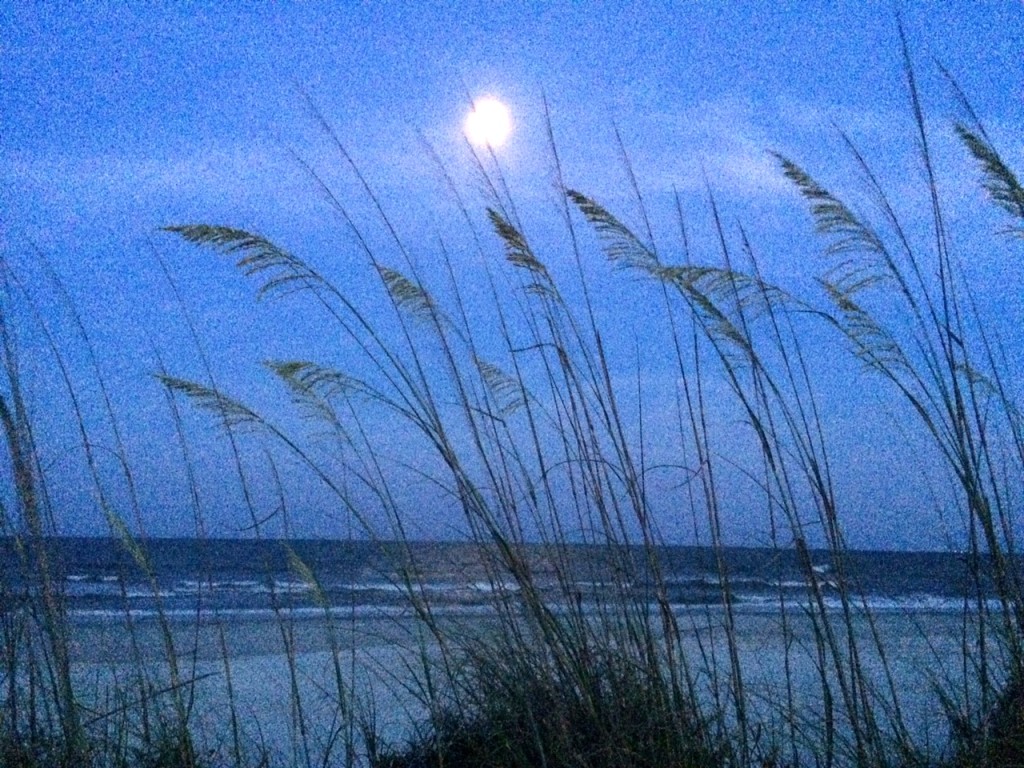 Summer. It’s a season we long for in the midst of winter, plan for in the blossoming of spring and fondly recall in the crisp autumn air.
Summer. It’s a season we long for in the midst of winter, plan for in the blossoming of spring and fondly recall in the crisp autumn air.
It is here, but almost gone, forever coming and going like the rhythmic nature of the ocean’s tide and perpetuating a sense of longing most acutely felt in the remembrances of innocent days from our childhood past.
Summer is light and airy, colorful and calm. It is waves, rivers, streams and sand; mountains, hillsides, gardens and picnics. Summer is the intensely vivid ocean sunrises and the heavenly, soothing evening skies.
It is wild and invincible – a time to “Live in the sunshine, swim in the sea, drink the wild air”, as Ralph Waldo Emerson once wrote.
In our attempt to continue “living in the sunshine” as July fades and the hot, hazy days of August approach the horizon, we turn to a collection of summer-inspired poetry, A Dream of Summer: Poems for the Sensuous Season, that offer a treasure trove of reading, contemplations and sentiments on the “season of longing.”
 Featuring works from the likes of Emily Dickinson, Walt Whitman, Alfred Lord Tennyson, Ralph Waldo Emerson and Robert Frost, one of my favorites has always been Dylan Thomas’* Fern Hill, a poem of “intense lyricism and highly charged emotion” that laments the loss and innocence of youth in his remembrance of his summer days spent on his aunt’s farm in Wales.
Featuring works from the likes of Emily Dickinson, Walt Whitman, Alfred Lord Tennyson, Ralph Waldo Emerson and Robert Frost, one of my favorites has always been Dylan Thomas’* Fern Hill, a poem of “intense lyricism and highly charged emotion” that laments the loss and innocence of youth in his remembrance of his summer days spent on his aunt’s farm in Wales.
It is our hope that reading these words help slow the lush, lavish, sensuous days of summer to an unhurried pace and enable you to embrace the magic of each summer moment as it comes.
Fern Hill
by Dylan Thomas
Now as I was young and easy under the apple boughs
About the lilting house and happy as the grass was green,
The night above the dingle starry,
Time let me hail and climb
Golden in the heydays of his eyes,
And honored among wagons I was prince of the apple towns
And once below a time I lordly had the trees and leaves
Trail with daisies and barley
Down the rivers of the windfall light.
And as I was green and carefree, famous among the barns
About the happy yard and singing as the farm was home,
In the sun that is young once only,
Time let me play and be
Golden in the mercy of his means,
And green and golden I was huntsman and herdsman, the calves
Sang to my horn, the foxes on the hill barked clear and cold,
And the Sabbath rang slowly
In the pebbles of the holy streams.
All the sun long it was running, it was lovely, the hay
Fields high as the house, the tunes from the chimneys, it was air
And playing, lovely and watery
And the fire green as grass.
And nightly under the simple stars
As I rode to sleep the owls were bearing the farm away,
All the moon long I heard, blessed among stables, the night-jars
Flying with the ricks, and the horses
Flashing into the dark.

And then to awake, and the farm, like a wanderer white
With the dew, come back, the cock on his shoulder: it was all
Shining, it was Adam and maiden,
The sky gathered again
And the sun grew round that very day,
So it must have been after the birth of the simple light
In the first, spinning place, the spellbound horses walking warm
Out of the whinnying green stable
On to the fields of praise.
And honoured among foxes and pheasants by the gay house
Under the new made clouds and happy as the heart was long,
In the sun born over and over,
I ran my heedless ways,
My wishes raced through the house high hay
And nothing I cared, at my sky blue trades, that time allows
In all his tuneful turning so few and such morning songs
Before the children green and golden
Follow him out of grace,
Nothing I cared, in the lamb white days, that time would take me
Up to the swallow thronged loft by the shadow of my hand,
In the moon that is always rising,
Nor that riding to sleep
I should hear time fly with the high fields
And wake to the farm forever fled from the childless land.
Oh as I was young and easy in the mercy of his means,
Time held me green and dying
Though I sang in my chains like the sea.
*Dylan Thomas is probably best know for his poem Do Not Go Gentle Into That Good Night, with the last memorable line: “Rage, rage against the dying of the light.”
Born on October 27, 1914 in Swansea, Wales, Dylan Thomas was the son of an English literature professor who would often recite Shakespeare to him. His love of nursery rhymes evolved into a lifelong fascination of language, an early interest in writing, and eventually a love for the rhythmic ballads of Gerard Manley Hopkins, W.B. Yeats and Edgar Allan Poe.
By the time he was twenty years old he published his first book, 18 Poems, which was received with great acclaim. He moved to London, married and had three children, eventually making his way to America in 1950 at the age of 35 where he became known for his “magnificent” and “flamboyantly theatrical reading tours which helped to “popularize poetry reading as a new medium.”
He spoke of his poetry as the “rhythmic, inevitably narrative, movement from an overclothed blindness to a naked vision that depends in its intensity on the strength of the labour put into the creation of the poetry.” He said: “My poetry is, or should be, useful to me for one reason: it is the record of my individual struggle from darkness towards some measure of light…”
It is written that his view of life “coincides with the Christian” for the “imagery of death-in-life and life-in-death.” His poems are so “radiantly aware of the sweetness of living, especially before the child learns an adult sense of time and death.”
Thomas became notorious and famous for his “roaring disputes in public” and for his public readings that were read with “tremendous depth of feeling and a singing Welsh lilt.” He became a legendary figure both for his work and the “boisterousness of his life.” His chronic alcoholism led him to an early death in November of 1953 in New York City.
Please note the above information on Dylan Thomas was taken from this site and the Norton Anthology of Modern Poetry (edited by Richard Ellmann and Robert O’Clair).
See also our summer reading list and reflection on Anne Morrow Lindbergh’s Gift From The Sea.

